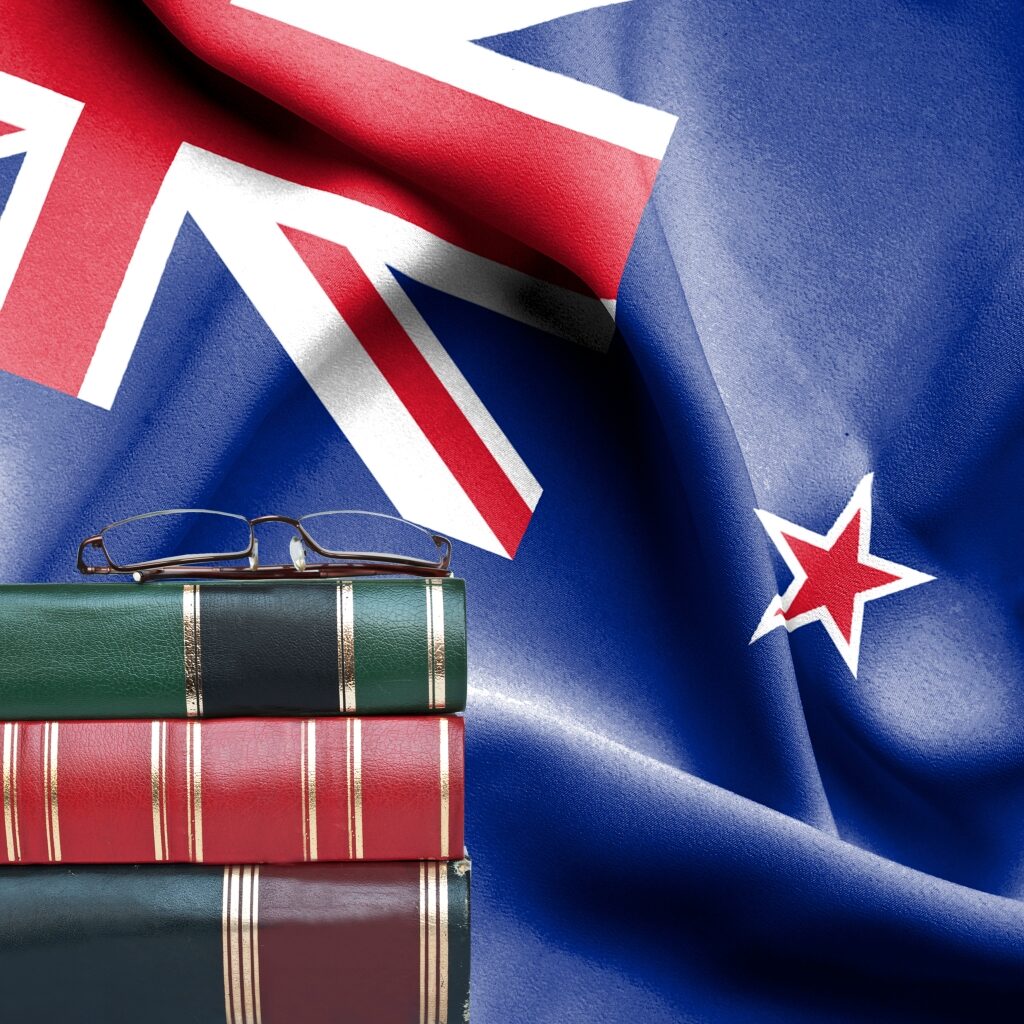Another Poke in the Eye for Authors and Publishers from New Zealand’s Libraries
by Hugh Stephens — 2 December 2021

Despite the welcome news that the National Library of New Zealand is reconsidering its badly flawed decision to donate 600,000 surplus books, including many still under copyright, to the controversial US-based Internet Archive for digitization, the National Library of New Zealand and the country’s librarians through the Library and Information Association of New Zealand (LIANZ)–of which the National Librarian is Past President—recently lobbed another grenade at authors. This time they are taking aim at the announcement by the New Zealand government that it intends to lengthen the country’s term of copyright protection. This measure would see New Zealand eventually–by 2036 no less (!)–get in step with most developed economies and extend its term of copyright protection for an additional twenty years beyond the Berne Convention minimum of “life (of the author)+ 50”.
(The controversial donation deal—now on pause while the National Library considers its next move—would have seen the Library effectively endorse the Internet Archive’s Controlled Digital Lending (CDL) program through the donation of 600,000 surplus books from the National Library’s collection despite CDL being the subject of a major copyright infringement lawsuit in the US brought by major international publishers.)
The opportunity for New Zealand to extend its term of copyright protection comes about as a result of the new UK-New Zealand Trade Agreement, reached in October 2021. One of the provisions of that agreement, insisted on by the UK no doubt, was that New Zealand bring its term of copyright protection into alignment with that of Britain. The “life of the author + 70” standard is the rule in the EU, UK, the US, Australia and will soon be enacted in Canada as a result of the USMCA/CUSMA. New Zealand may have regarded this as a concession but in fact when finally implemented it will benefit New Zealand authors and publishers not only in their domestic market and in the UK, but also in the EU which extends the benefit of the extra twenty years of protection only on a reciprocal basis. (The UK also applies its longer term reciprocally so New Zealand authors currently do not benefit from it). Of course, it will also benefit British authors and publishers in New Zealand, which is why the UK pushed the proposal but, given the 5 million population of New Zealand versus the 67 million of the United Kingdom, it is clear that New Zealand’s creators will derive the greater benefit.
Read the original article here